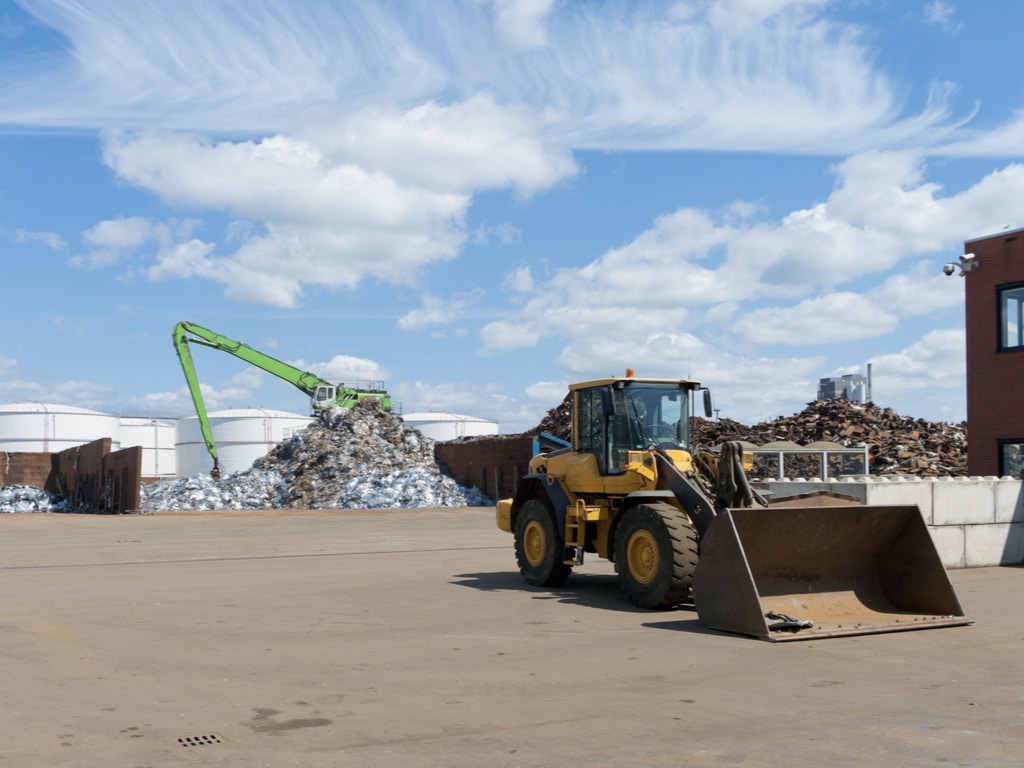Morocco will become the fourth member state of the African Circular Economy Alliance (ACEA). It is a leading platform to promote business cooperation, knowledge sharing and technology transfer. The announcement of the membership of the Kingdom of Morocco was made on March 4, 2022 by the African Development Bank (AfDB), during a side event on accelerating a just transition to a circular economy in Africa, held on the heels of the fifth session of the United Nations Environment Assembly (UNEA 5.2) from 28 February to 2 March 2022 in Nairobi, Kenya.
If Morocco has already identified the circular economy as a strategic asset for intervention, this is an opportunity to make it a bankable business model as suggested by the AfDB. The pan-African bank, when it comes to waste, therefore advocates regulating informal activities where the craze is most visible, putting in place favourable regulatory environments and supporting better access to finance to reduce investment risks.
Putting an end to pollution
Morocco currently produces six million tons of waste, an average of about 250 kg per capita per year. While some initiatives are being undertaken by the government and private partners (Averda, Suez, Managem, etc.) to reduce pollution, we are still a long way from achieving the Sustainable Development Goals (SDGs).
In addition to the guidelines prescribed by the AfDB, Morocco may also wish to consult the bank’s recently released new Strategic Framework on Climate Change and Green Growth (2021-2030), which includes the circular economy as one of its flagship initiatives, especially since this approach could also improve Moroccans’ livelihoods and reduce poverty. Circular economy practices also encompass the fight against biodiversity loss and climate change. Regarding climate change, Morocco has been recycling wastewater for irrigation, livestock (…) in response to drought.
Read Also – AFRICA: the circular economy at the heart of ecosystem preservation
Morocco will thus join Nigeria (2018) in the African Circular Economy Alliance, as well as Rwanda and South Africa, which launched and joined the platform in 2017 at COP23 in Bonn, Germany. “The circular economy could save Africa more than $186 billion just by the change that would take place in the way we consume,” said Alexandre Lemille, the co-founder of the Alliance on October 17, 2019. This was during a public conference at the University Félix Houphouet-Boigny of Cocody in Ivory Coast. The realization of this ambition will of course require the involvement and the will of all African governments.
Inès Magoum
